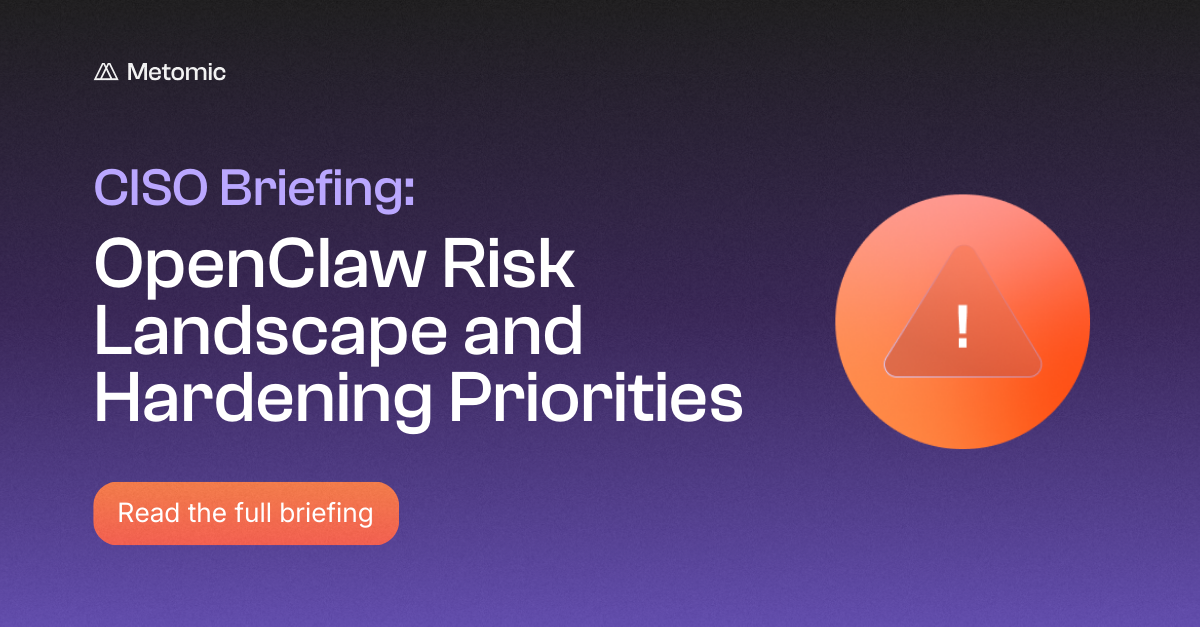Empty Threats: The Ineffectiveness of Banning TikTok for Data Security Purposes
In this article, we analyse the US Government's drive to try and ban TikTok over data security concerns, and we explore dissenting voices that feel the ban would be ineffectual 'theater,' designed to make politicians seem tough.
%2520(1)%2520(2)%2520(1)%2520(1)%2520(1).png)
Empty Threats: The Ineffectiveness of Banning TikTok for Data Security Purposes
In this article, we analyse the US Government's drive to try and ban TikTok over data security concerns, and we explore dissenting voices that feel the ban would be ineffectual 'theater,' designed to make politicians seem tough.
%2520(1)%2520(2)%2520(1)%2520(1)%2520(1).png)
Key Points:
- Proposed ban on TikTok faces challenges in US legislature and international legal complexities
- Critics argue that banning TikTok alone is ineffective in addressing broader data privacy and security concerns
- Calls for comprehensive regulatory measures to safeguard user data and national security amid increasing data breaches and societal distrust
Lawmakers in the United States are intensifying efforts to ban the popular social media app TikTok against a backdrop of ongoing concerns over data privacy and national security.
However, despite mounting pressure from these lawmakers, experts argue that banning TikTok isn’t an effective solution to address the broader issues of data privacy and security in a society that lives an increasingly large amount of their lives online.
Proposed ban and legislative efforts
The proposed ban on TikTok has captured the attention of the US House of Representatives, who are signalling their concerns over its data management practices and national security implications.
While the bill has received House approval, its fate in the Senate remains uncertain due to legal and constitutional complexities, such as the ban's compatibility with the First Amendment, and potential violations of international trade agreements.
Internationally, similar concerns have led to bans, restrictions, and regulatory penalties against the video sharing site, including in the EU and the UK. For example, the ICO fined TikTok £12.7 million for misusing children’s data in April 2023.
Businesses reliant on TikTok face uncertainty amid regulatory challenges, with experts warning of the platform’s potential impact on public opinion, particularly among its younger user base.
Challenges and alternatives
Adam Marrè, Chief Information Security Officer at Arctic Wolf, stresses TikTok's potential threat due to its influence on public opinion and its foreign jurisdiction.
Marrè emphasises the urgent need for robust regulatory measures, stating, "It operates under a foreign jurisdiction known for leveraging information to its advantage, thus intensifying the concern over its unchecked power."
Proposed alternatives include TikTok's Project Texas, aiming to relocate user data to a third-party cloud infrastructure, and discussions about divesting TikTok's U.S. operations to American firms.
These approaches aim to address data privacy and security concerns while maintaining the platform’s functionality. However, their feasibility and effectiveness remain subjects of ongoing scrutiny.
Navigating data security and privacy
Navigating data security and privacy concerns has become increasingly challenging for businesses and governments worldwide, especially in the United States.
According to Pew Research, a significant majority of Americans (62%) believe it's impossible to go through daily life without companies collecting their data, and a similar sentiment (63%) exists regarding government data collection.
Moreover, a substantial proportion of Americans (79%) are concerned about how companies handle their personal data, while concerns about government data usage stand at 63%.
Data breaches have become more prevalent, posing a growing threat to businesses. According to the Thales 2023 Cloud Security Study, over a third (39%) of businesses experienced a cloud data breach in 2023, with human error cited as the primary cause by 55% of respondents.
Notably, Software as a Service (SaaS) applications emerged as prime targets for hackers, with 38% of respondents identifying them as the leading target, followed closely by cloud-based storage, mentioned by 36% of participants.
“Security theater” vs. Effective solutions
In the ongoing debate surrounding the proposed TikTok ban, and given the figures that indicate a distrust of both private and government entities around personal data, there are some who feel that an outright ban is not only ineffectual, it’s also little more than window dressing.
Critics, such as Calli Schroeder, a senior counsel at the Electronic Privacy Information Center, label the proposed ban as "security theater". Schroeder emphasises that banning TikTok alone would not significantly protect Americans' data, considering the widespread collection practices of various tech companies.
She states, "Trying to ban TikTok is a form of security theater... Legislators are smart enough to know this doesn’t address the root of the problem, but they want credit for looking like they tried."
She advocates instead for more comprehensive measures to protect user data and mitigate potential risks effectively.
Economic and social impacts
Chris Olsen, president at The Media Trust, expresses doubts about the efficacy of the proposed ban, suggesting, 'It's not certain how well the bill would really work even if passed.'
He points out that even if ByteDance were to divest TikTok, the app could still be accessible through non-US servers and unofficial apps.
This observation underscores how challenging it can be to effectively shut out foreign influence in a country’s digital ecosystem, and the pressing need for enhanced regulatory control.
Conclusion
The debate over the proposed ban on TikTok underscores the complexity of balancing data security, national interests, and regulatory effectiveness.
While lawmakers advocate for stringent measures, experts caution against the ineffectiveness of such bans in addressing broader data privacy concerns.
As businesses navigate regulatory uncertainties, the need for comprehensive approaches to safeguarding user data and national security remains paramount.
Ultimately, TikTok’s survival as an application available to US citizens highlights the delicate balance between security imperatives, economic interests, and individual freedoms.
Keeping data safe on TikTok may be a minefield, but it’s easy to do in your SaaS applications. Book your personalised demo now to see how Metomic can help you protect your sensitive data wherever it is in your digital ecosystem.





.png)